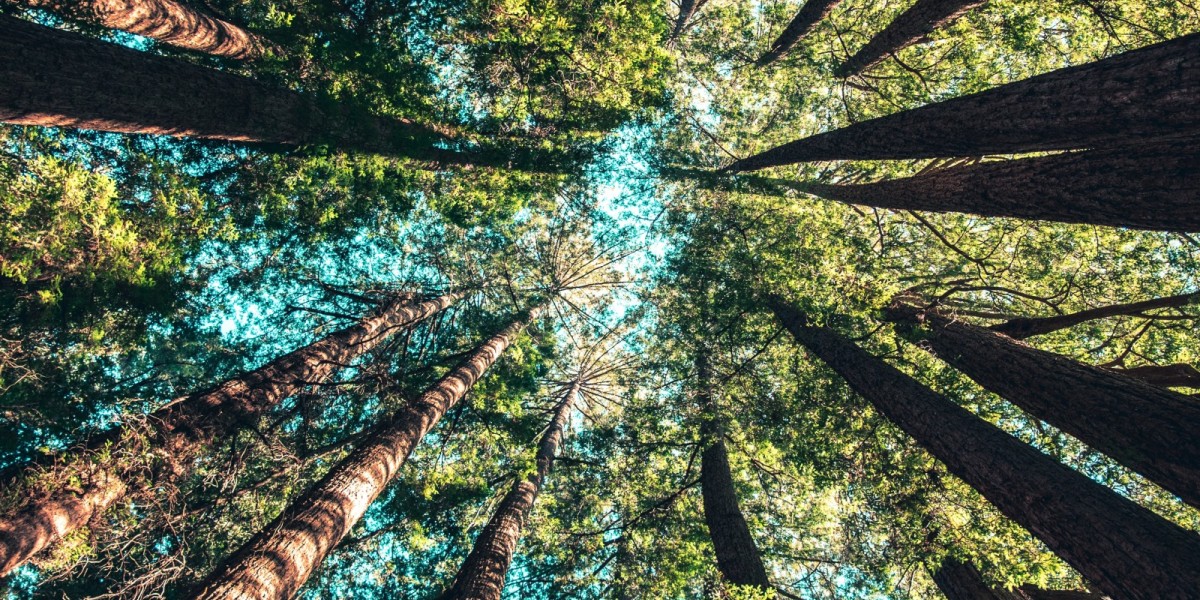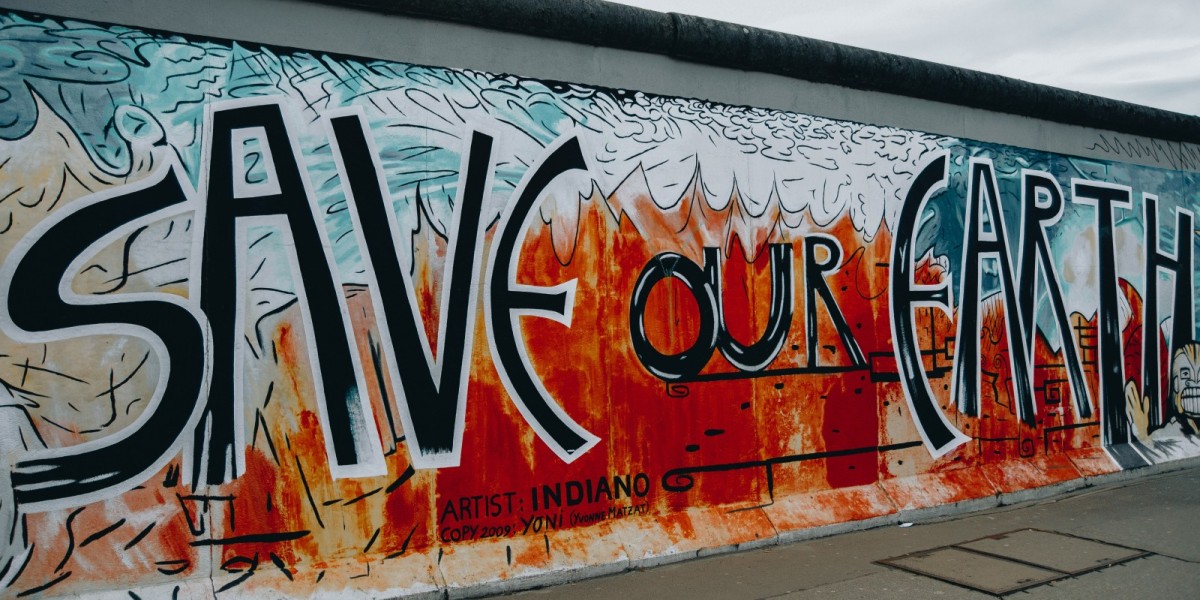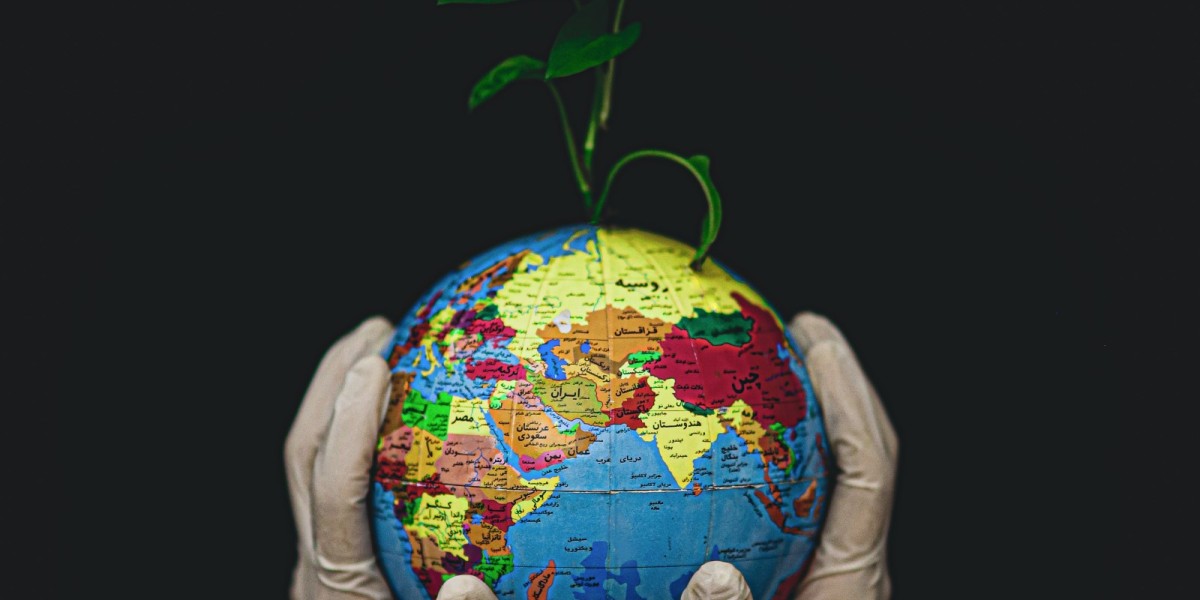Saving Earth 2
https://youtu.be/gr-dKpr_di0
Hi, this is Bill Chan again with The 5 Elements of a Fulfilling Life at 5Element5.com,
And today, I want to talk about the environment.
In the last episode, we talked about how inhumanely we treat our factory farm animals; today, I want to talk about the impact on both our communities where the factory farm resides and a more significant global environmental impact.
Let's look at the communities around these factory farms; it's causing a lot of pollution for residents living around the farm area because of the forty-eight chemical fertilizers, as well as waste and manure from the animals; these sickening Aroma is polluting the whole neighborhood's air and water systems, sometimes the mood is so bad that the people living around the area wouldn't dare to go out their house at certain times of the day because they want to avoid breathing in the toxin in the air.
In many areas, the water is so polluted that it's undrinkable. Still worse, many residents get sick from harmful gases since factory farms are generally in poor neighborhoods. Residents typically need the means to fight these giant corporations.
Taking it one step further to look at the impact on the global scale, we know that our average temperature is rising every decade, and it's increasingly causing substantial natural disasters.
So not only do we devote millions of acres to raising animals and their feed, but their waste and manures give out carbon dioxide, methane, and nitrous oxide.
Methane is 25 times more dangerous to climate change than carbon dioxide; livestock accounts for 14% of greenhouse gas emissions worldwide, more than all vehicle contributions, and is responsible for 87 greenhouse effects.
75 of all herbal land is used for raising animal feed, while only 25 percent is used for human crops consumption
Forty-eight million Americans are sick each year from foodborne diseases, and many even die, so there's new research published on February 15, 2022, that shows an average sea level has swelled over 8 inches, about 23 centimeters since 1880, with about three of those inches gained in just the last 25 years.
Every year the sea rises another 0.123 inches, and the sea level is accelerating so fast that by 2050 all the lower-level drylands may be submerged by the ocean.
As developing countries like India and China gain wealth, a substantial economic demand increases for animal products, and the average global temperature change May accelerate even faster.
However, you know we don't have to wait 50 years to see the effects of climate change; look at hurricanes around my neighborhood in Florida and what's happening this year and the year before; each year is getting hotter.
We're experiencing the hottest day recorded in history in the last five years.
Seventy-five percent of freshwater we're using for food production, meat production in 2020 is responsible for a considerable part of global warming, and animal extension rates are nearly 200 species per day.
A large fraction of fresh water is Frozen and stored in the glaciers worldwide, the Arctic, Greenland, and Antarctic.
Ice Sheets, when these substantial ice caps start breaking off, and these icebergs are melted, the water flows into the ocean, and the sea level rises.
One model suggests that if all the glaciers and ice sheets melt, Global sea levels May rise as much as 195 feet in places, so recently, we saw more articles about the melting of glazers and ice sheets from Arctics, Greenland, and Antarctica causing extreme flooding and droughts in some places for the last few years.
In the last few decades, we have seen massive Icebergs melt in the Arctic that took millions of years to form, so global warming heats the surface water temperature and the subsurface temperature, further speeding up the ice melting as temperatures Rise.
As the Antarctic Ice shelves change shape, we are looking at a catastrophe that may happen in our lifetime, if not our lifetime, then definitely our children's.
If we don't resolve this issue, we will see more earthquakes, storms, floods, and hurricanes than at any time in history, which is more severe.
So if it is a sign that nature is fighting back, what can we do? Water is becoming so precious right now; you see all the dams, lakes, and huge reservoirs being dried up like never before, and on Wall Street, Water is traded as blue gold.
Water is going to be one of the most expensive Commodities you can buy; there's a term on Wall Street called the water lord, and it's like the landlords of the past; these water lords own reservoirs of water, and because they own water commodities, they control the water that's necessary for our sustenance.
No one can live without water, and in time, they will be like the landlords of the past. We will be the water-enslaved people working to buy water from these water lords.
Like in many developing countries such as South America, multinational conglomerates began operation and overtook the local water supply for a beverage or beer factories or factory farms of fruits and vegetables like pineapple, banana, avocados, and many more; this drives out the local small farms who shelter their business and lost their livelihood.
If we continue wasting water as we have, once these countries run out of water reserves, the government will have no choice but to impose per-person per-day limitations on local water use.
Governments may even go so far as shutting off the water supply for residents, skyrocketing food costs, and turning us all into water-enslaved people under new water lords.
We need to face these problems; for example, forty percent of cattle feeds are from alpha which requires a considerable amount of water to grow, and in many countries, alpha is raised in the desert by flooding the field with water.
We could slow down all this climate change by consuming fewer animal products.
Just by cutting meat once a week, the U.S alone will save a hundred billion tons of water and one point two million tons of carbon dioxide, the equivalence of taking more than half a million cars off the road in the U.S and all this if we only eat meat once a week or less.
Can we do away with just once a week of not consuming meet? What if I tell you that we could cut our carbon footprint even further by 50 percent by reducing animal consumption to 30%?
If everyone turns vegan by 2050, scientists estimate food-related Greenhouse emissions can be reduced by 75 percent and premature death alone with all mortality will go down 20 percent and save 20 trillion in medical expenses.
If all the agri-land were used to produce plants, grains, and food for human consumption.
Only we could free everyone in the world, and there wouldn't have to be hungry people, and children would be able to go to bed not being hungry; we need to be more conscious of what the existential Treasure clean water brings us and use the land to produce food for human consumption instead of factory farms.
We must prevent corporations and Multinational conglomerates from taking over the local water supply for operation.
Currently, the Earth's consumption won't support the exposure of the human population craving for more meat consumption.
I also always thought that if I can't convince someone to become vegan is their freedom of choice, right? and it doesn't affect me personally until I watched this YouTube video, Singapore food problems; the video suggests that for everyone, degree rise in temperature we reduce a cropland production by 10 to 25%, and we increase the pest problem by 10 to 15 percent, not just the increase in pests but their appetite growth to consume and Destroy more of the healthy crops as well.


